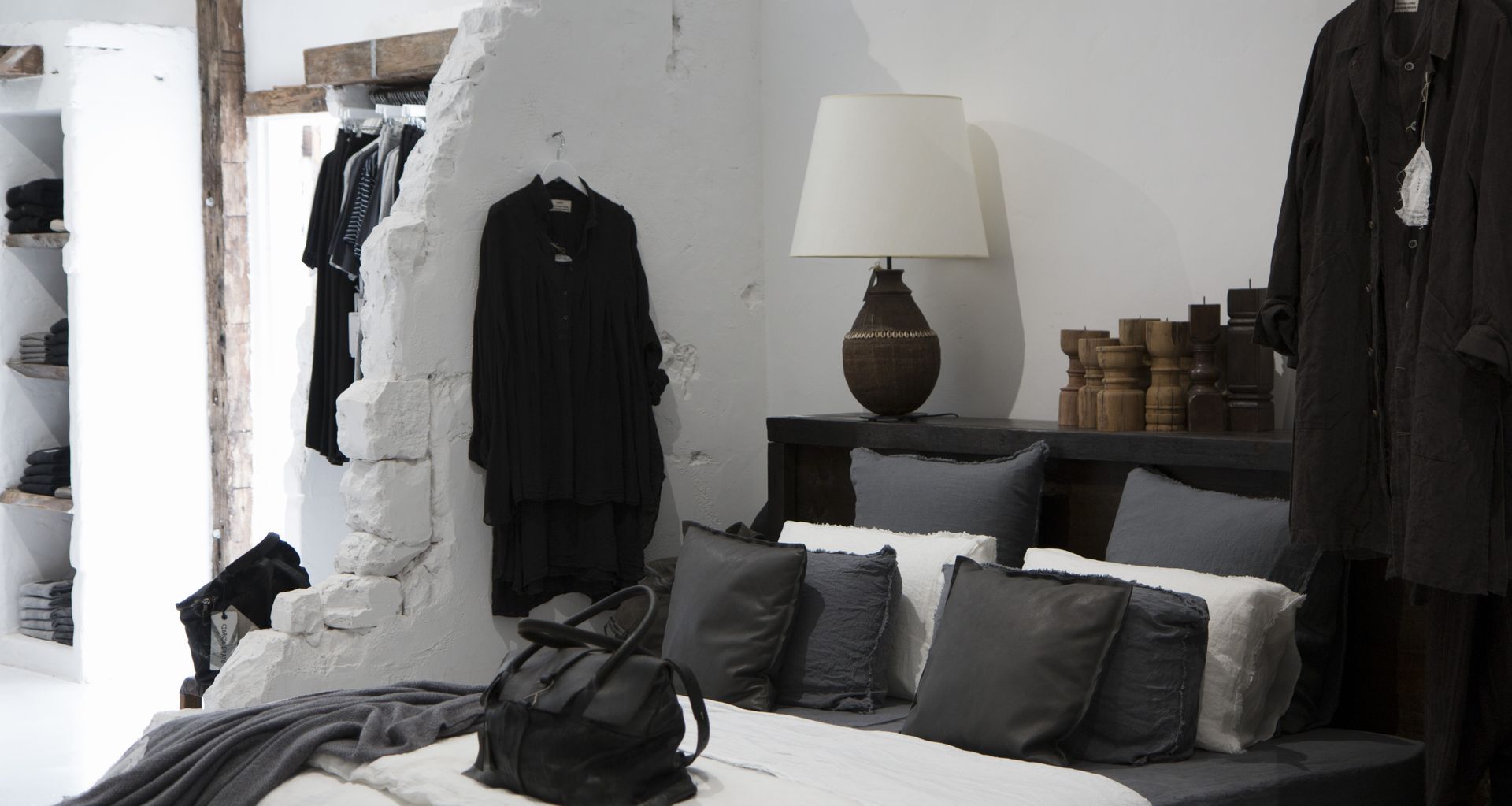Lime wash: Everything you need to know

What is lime wash?
Lime wash dates back to Roman times and is a common fixture of both new and old buildings. Derived from nature, it’s made from limestone which is crushed, burned, and then mixed with water to make a putty.
That putty then undergoes a little ageing before being thinned with water and coloured with natural pigments. When applied to exterior or interior walls it creates a chalky, matte surface with a stunning depth and texture.
What is lime wash good for?
Lime wash boasts a couple of unique properties, which have underpinned its popularity over hundreds of years.
It’s durable, environmentally friendly and is also hypo-allergenic.
As it is made of natural materials, lime wash is also free of solvents, is low odour and has low VOCs, and its high pH levels mean it’s resistant to micro-organisms.
Where can I use lime wash?
One of the key attributes of lime wash is that it can be used on a property’s interior or exterior. Historically, it was best suited to porous surfaces such as stonework, brickwork, and plaster.
However, these days the addition of binding agents means it can be applied to almost any surface, including primed plasterboard.
What colour should I choose?
Without colouring, lime wash is off-white, and traditionally its colour range has been inspired by nature.
These days, however, there are an array of colour options when it comes to using lime wash.
How do I apply lime wash?
Lime wash is usually applied in a series of thin coasts using a flat brush or masonry brush.
Each coat should be allowed to dry before another is applied, with recommended drying time taking about 24 hours.
Then, prior to applying the next coat, re-wet the dry surface. Around three or four coats are usually required to cover a new surface.
What else do I need to keep in mind?
Lime wash offers a stunning, suede-like finish for interior and exterior surfaces. It’s worth noting that it lightens as it dries, with the final look being up to 10 shades lighter than when wet.
Colours can also vary depending on the pigment used and the surface its being applied to.
What else do I need to keep in mind?
Lime wash offers a stunning, suede-like finish for interior and exterior surfaces. It’s worth noting that it lightens as it dries, with the final look being up to 10 shades lighter than when wet.
Colours can also vary depending on the pigment used and the surface its being applied to.
How do I clean my lime washed walls?
Due to their mottled, natural look, lime washed walls rarely require cleaning, and in most cases, cleaning is not recommended.
Should they need a touch-up, simply apply a further coat of lime wash paint.
Keen on using lime wash?
If lime wash is just the finish you’re looking for in your next building project, Rockcote has a great range of all-natural products available, including Rockcote Lime Wash, Rockcote Lime Plaster and Rockcote Lime Plaster Basecote.
